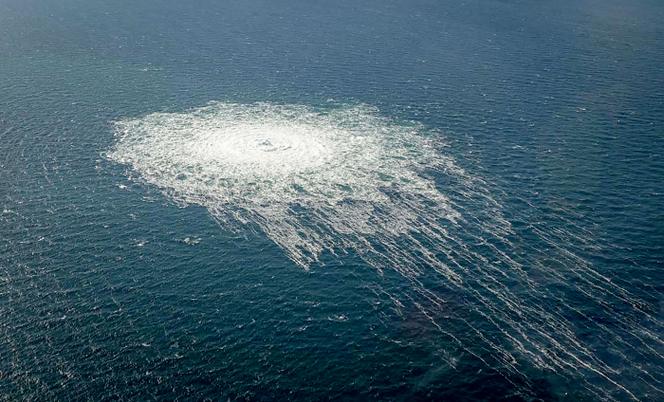Biden’s Remarks: Make Good on Promise To Defend Taiwan
During a visit to Japan in May, Biden also reiterated this view several times, in regard to U.S. military involvement during a military crisis in Taiwan.
In relation to Biden’s series of remarks, for successive administrations the U.S. government, taking heed of opposition from China, has normally explained that there has been “no change” to its policy toward the Taiwan crisis, including its approach of “strategic ambiguity.”
Even now, the U.S. government indicates the same stance, but the difference is that Kurt Campbell, the Biden administration’s coordinator for Indo-Pacific Affairs, confirmed that Biden’s remarks “speak for themselves,” and China is now confronted with the administration’s general consensus to mobilize troops.
China was “strongly dissatisfied” with the remarks, claiming that they “severely violate the commitment the U.S. made not to support Taiwan independence.”
But successive U.S. administrations have aimed for peace and stability in the Taiwan Strait. All China has to do is not brandish its military power and engage in reckless actions to change the status quo. China ought to stop its military coercion, which intensified after U.S. Speaker of the House Nancy Pelosi visited Taiwan.
In order to suppress China’s military ventures toward Taiwan, it is essential for the U.S. to show a stance of keeping its promise to defend Taiwan and strengthen its deterrence ability, without shying away from China’s threats.
On Sept. 2, the Biden administration agreed to a sale of up to $1.1 billion (about 150 billion yen) worth of anti-ship missiles known as Harpoons, as well as other weapons, to Taiwan. So far, this is the fifth time this year that the U.S. has provided weapons to Taiwan. We should welcome this trend. Shouldn’t Japan also keep pace with the U.S. and strengthen its efforts toward the Taiwan crisis?
At the same time, the U.S. Congress is deliberating a bill called the Taiwan Policy Act, which aims to strengthen U.S.-Taiwan relations. The bill includes $6.5 billion (about 930 billion yen) of aid to strengthen Taiwan’s defenses over the course of five years. Additionally, it treats Taiwan as a “major non-NATO ally” and “promote[s] Taiwan's meaningful participation in important international organizations.”
Within the Biden administration, there were some who voiced disapproval of clauses that ran afoul of the U.S. One-China policy, but we hope that Biden will declare his support for the bill and approve it as proof of his intentions for a strong defense of Taiwan.

